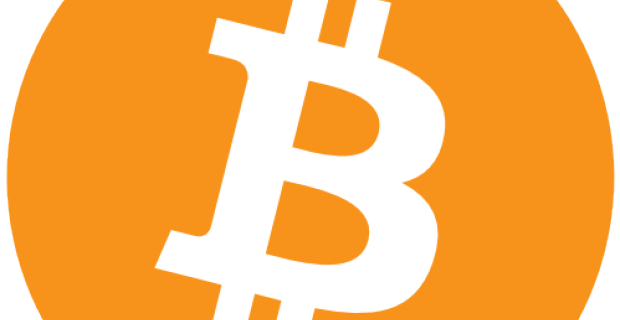A beginner’s guide to bitcoin: What you need to know

When Craig Wright claimed he invented bitcoin, it put the mysterious currency back in the spotlight.
But while it’s generated a furore in the community of underground hackers and crypto-anarchists, most people are bemused by all the fuss. What is this ‘bitcoin‘ business, and why is it so important?
Let’s start at the beginning: What exactly is bitcoin?
In essence, bitcoin is a purely digital currency – there are no notes or coins – that can be used exclusively in online transactions. It is also one of the first examples of a cryptocurrency: A monetary system where encryption is used to secure transactions and, in theory, keep transactions anonymous. Though bitcoin is not the only purely digital currency, it is the one which has gained the most traction.
So how did it get created?
Bitcoin was made public in 2009 by Satoshi Nakamoto, who may or may not be Craig Wright. It’s founded on open-source software that releases 3600 bitcoin into the public domain every day, in order to prevent inflation. The system is designed to be peer-to-peer – money goes from one account to another without a middleman or a bank getting involved. In lieu of a ledger, bitcoin transactions are publicly recorded on a “blockchain” run by the network of nodes which operate the bitcoin software.
What about regulation?
Therein lies the issue. Controversially, bitcoin is entirely non-centralised and is comprised of entirely intangible currency, which means that by design there can be no regulatory bodies. The upshot of this for users is freedom from banks and full control over their money; the downside is wildly fluctuating exchange rates that have no traceable consistency or pattern.
Intriguing. How do I use it?
Unfortunately it’s not as easy as walking into a bank and trading in your chips. Bitcoin transactions require use of an online ‘bitwallet’ which store your bitcoins. They also generate a ‘private key’ that must be used when making a transaction, as the public key in the blockchain checks its validity.
Is that how bitcoin keeps transactions anonymous?
It’s one of the measures. More obviously, your transactions aren’t attributed to a person but a wallet code, and even that can be deceiving – a recently implemented piece of technology called “darkwallet” creates dummy wallet accounts during transactions that can’t be traced back to your original wallet.
However, because of the public blockchain, anonymity is strengthened only when many people make a bitcoin transaction in a particular window; the more garbled nodes their are, the harder it is to track a specific transaction.
Right. So how are these 3600 coins released daily “mined”?
Ahh, good question! While the exact algorithms are above my head, “miners” let their hardware be used to confirm transactions in a blockchain. If a transaction is verified, some bitcoins are released into your wallet for your trouble. Those seeking a get-rich quick scheme might want to look elsewhere; the amount of bitcoins released is a purely random lottery, meaning that you could earn a whole bitcoin or 0.000000000001 bitcoin depending on your luck
It sounds like a lot of hassle. Why do people use it?
For many people their support is ideological, driven by deep-seated mistrust of big banks and intermediaries used in what they see as purely personal finances. For some it’s like playing the stock-market, although the unpredictability makes it a dangerous gamble. However, it’s predominantly renowned for being used on the Deep Web in transactions involving anything from drugs to assassinations, laundering to child exploitation images. That said, it is also the preferred donation method for whistle-blowing websites and underground communities fighting the good fight.
Does anyone outside of the underworld accept it ?
Yes! Firms as big as Microsoft, Dell and Paypal all accept bitcoin payments, while select cafes in Europe advertise on the basis of accepting bitcoin as payment. It is also accepted by tech-savvy websites, such as popular BBS board and 4chan. Because bitcoin continues to retain connotations of illegality, it is still rarely used – though recognition of its legitimacy is slowly increasing.
Is it used in New Zealand?
For legitimate purposes? Honestly, no. You have to buy it off traders for a marked-up price, and often bitcoin trade websites are down because it is so uncommonly used. In New Zealand, it’s next to unusable. Though there is a bitcoin ATM in a bar in Auckland, that hasn’t really caught on.
So where is bitcoin going next? Is it going to die out?
No one is sure – but if I was to hazard a guess I’d suggest it’s on the up. It’s gaining an air of legitimacy in several countries and mainstream attention is adding to the appeal. There are also properties of the unique currency that are still being explored – one city council in America keeps their homeless fed by enabling them to “mine” bitcoin (a reward for using your computer as a node for the blockchain). While I don’t think it’s going to be a universal currency in 50 years, I’d definitely watch this space.
Source: Stuff





























